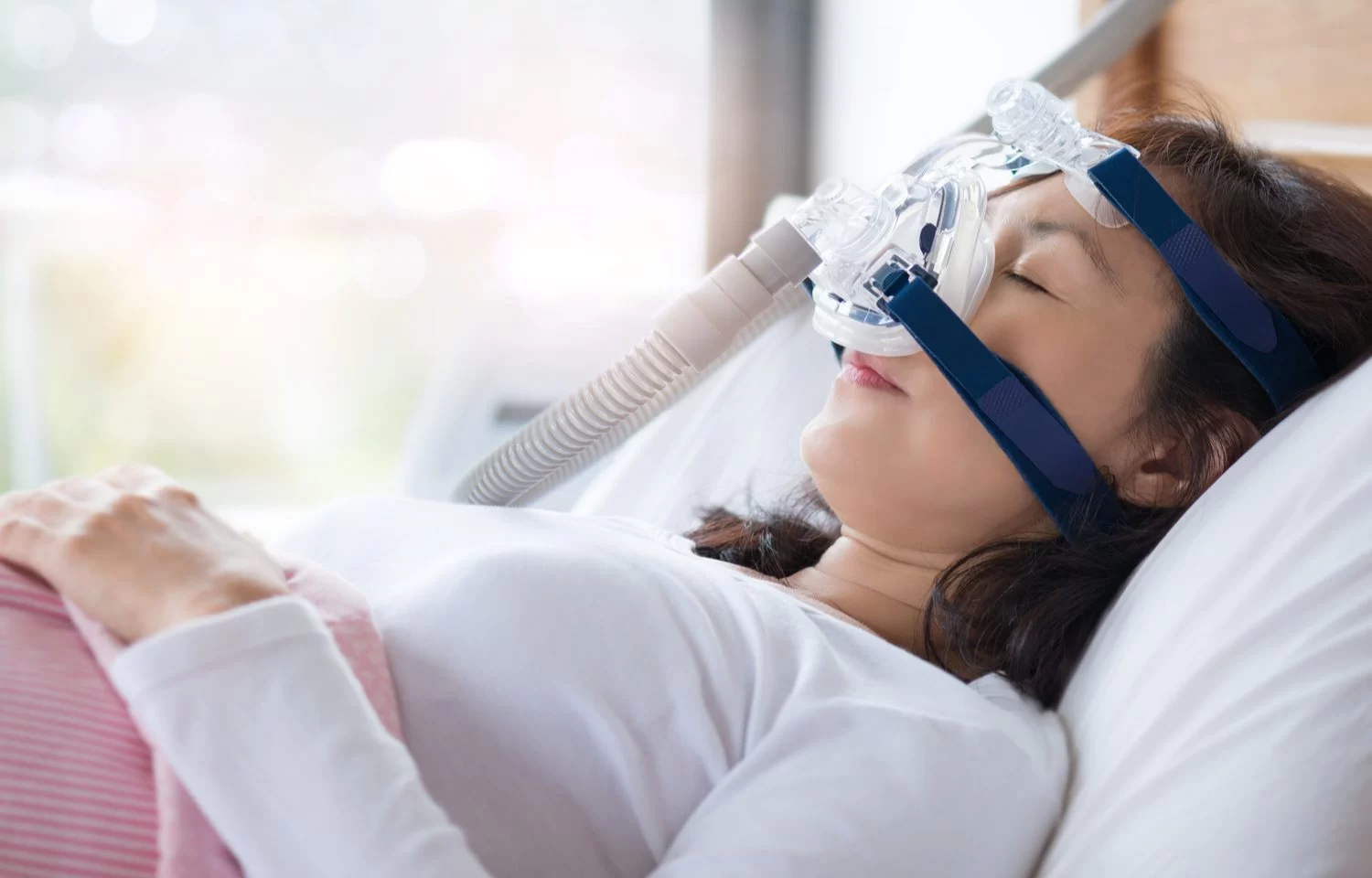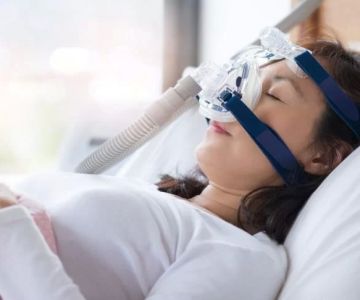
Risks of Not Treating Sleep Apnea: Serious Health Consequences of Untreated Sleep Apnea
- Understanding Sleep Apnea
- Health Risks of Untreated Sleep Apnea
- Long-Term Complications from Untreated Sleep Apnea
- The Importance of Treating Sleep Apnea Early
1. Understanding Sleep Apnea
Sleep apnea is a serious sleep disorder where a person’s breathing repeatedly stops and starts during sleep. The most common type, obstructive sleep apnea (OSA), occurs when the muscles in the throat relax excessively, blocking the airway. This causes breathing pauses that last for seconds or even minutes, disrupting normal sleep patterns. People with sleep apnea often experience loud snoring, choking, or gasping during sleep, and may feel fatigued even after a full night's rest.
If left untreated, sleep apnea can have severe consequences on both physical and mental health. It's essential to understand the risks of not seeking treatment early on to prevent long-term complications.
2. Health Risks of Untreated Sleep Apnea
If sleep apnea is left untreated, it can lead to numerous health issues. The most concerning risks are cardiovascular problems. The repeated drops in oxygen levels during sleep place strain on the heart, increasing the risk of high blood pressure, heart attack, and stroke. Research has shown that untreated sleep apnea is a major contributor to heart disease and is linked to a higher risk of arrhythmias (irregular heartbeats).
For example, Sarah, a 45-year-old woman, suffered from untreated sleep apnea for years. She often woke up feeling tired and had frequent headaches. After being diagnosed, her doctor explained that her lack of proper sleep was a contributing factor to her high blood pressure, putting her at risk for heart disease. After starting treatment, Sarah noticed a significant improvement in her energy levels and overall health.
Other health risks include:
- Type 2 Diabetes: Untreated sleep apnea can lead to insulin resistance, increasing the risk of developing type 2 diabetes.
- Mental Health Issues: Lack of sleep from sleep apnea can contribute to mood swings, anxiety, and depression.
- Daytime Fatigue: Constant fatigue can affect your ability to perform daily activities and increase the likelihood of accidents, particularly while driving or operating machinery.
3. Long-Term Complications from Untreated Sleep Apnea
If sleep apnea is not managed over time, it can lead to serious long-term complications. These complications can be life-threatening and affect almost every aspect of a person’s health. Some of the most severe consequences include:
- Chronic Fatigue: Persistent fatigue can affect work performance, relationships, and quality of life. It can also lead to accidents caused by drowsiness, especially while driving.
- Cognitive Impairment: Lack of oxygen during sleep can damage the brain, leading to memory problems, difficulty concentrating, and decreased cognitive function.
- Increased Risk of Surgery Complications: Sleep apnea increases the risk of complications during surgery, particularly due to anesthesia or difficulty managing breathing during recovery.
James, a 50-year-old man, ignored his symptoms of sleep apnea for years, attributing his fatigue to aging. Over time, his cognitive function began to decline, and he found it difficult to focus at work. After seeking treatment, he discovered that sleep apnea was the root cause of his symptoms, and he began treatment with a CPAP machine, which improved both his energy and mental clarity.
4. The Importance of Treating Sleep Apnea Early
Treating sleep apnea as soon as it's diagnosed is critical to prevent both immediate and long-term health problems. Various treatment options are available, including lifestyle changes, CPAP machines, dental appliances, and even surgery in severe cases. Early intervention can significantly reduce the risks associated with untreated sleep apnea and improve quality of life.
By addressing sleep apnea early, patients can prevent cardiovascular damage, improve mental health, and maintain a more active lifestyle. It’s important to consult with a healthcare provider to determine the most suitable treatment based on the severity of the condition and individual health factors.
At Dentistry Toothtruth, we offer comprehensive sleep apnea evaluations and treatment options. Visit Dentistry Toothtruth to schedule an appointment or learn more about how we can help manage your sleep apnea and improve your health.







 Westgate Dental Arts
Westgate Dental Arts Coventry Family Dental
Coventry Family Dental Familia Dental
Familia Dental Dr. Daniel S. Fife, DDS
Dr. Daniel S. Fife, DDS Dentistry At Suburban Square: Michael I. Wollock, DMD
Dentistry At Suburban Square: Michael I. Wollock, DMD Comfort Care Dental
Comfort Care Dental The Importance of Oral Health Education During Pregnancy for a Healthy Pregnancy
The Importance of Oral Health Education During Pregnancy for a Healthy Pregnancy Why Skipping Dental Checkups Can Lead to Bigger Oral Health Problems
Why Skipping Dental Checkups Can Lead to Bigger Oral Health Problems Advantages of Porcelain Dental Restorations
Advantages of Porcelain Dental Restorations Best Tips for Brushing Your Teeth Properly for Healthy Gums: Essential Techniques for Oral Health
Best Tips for Brushing Your Teeth Properly for Healthy Gums: Essential Techniques for Oral Health How Can Diabetes Cause Tooth and Gum Problems? Preventing and Managing Oral Health Issues
How Can Diabetes Cause Tooth and Gum Problems? Preventing and Managing Oral Health Issues Healthy Habits for Promoting Good Oral Health and Hygiene: Tips for a Healthy Smile
Healthy Habits for Promoting Good Oral Health and Hygiene: Tips for a Healthy Smile